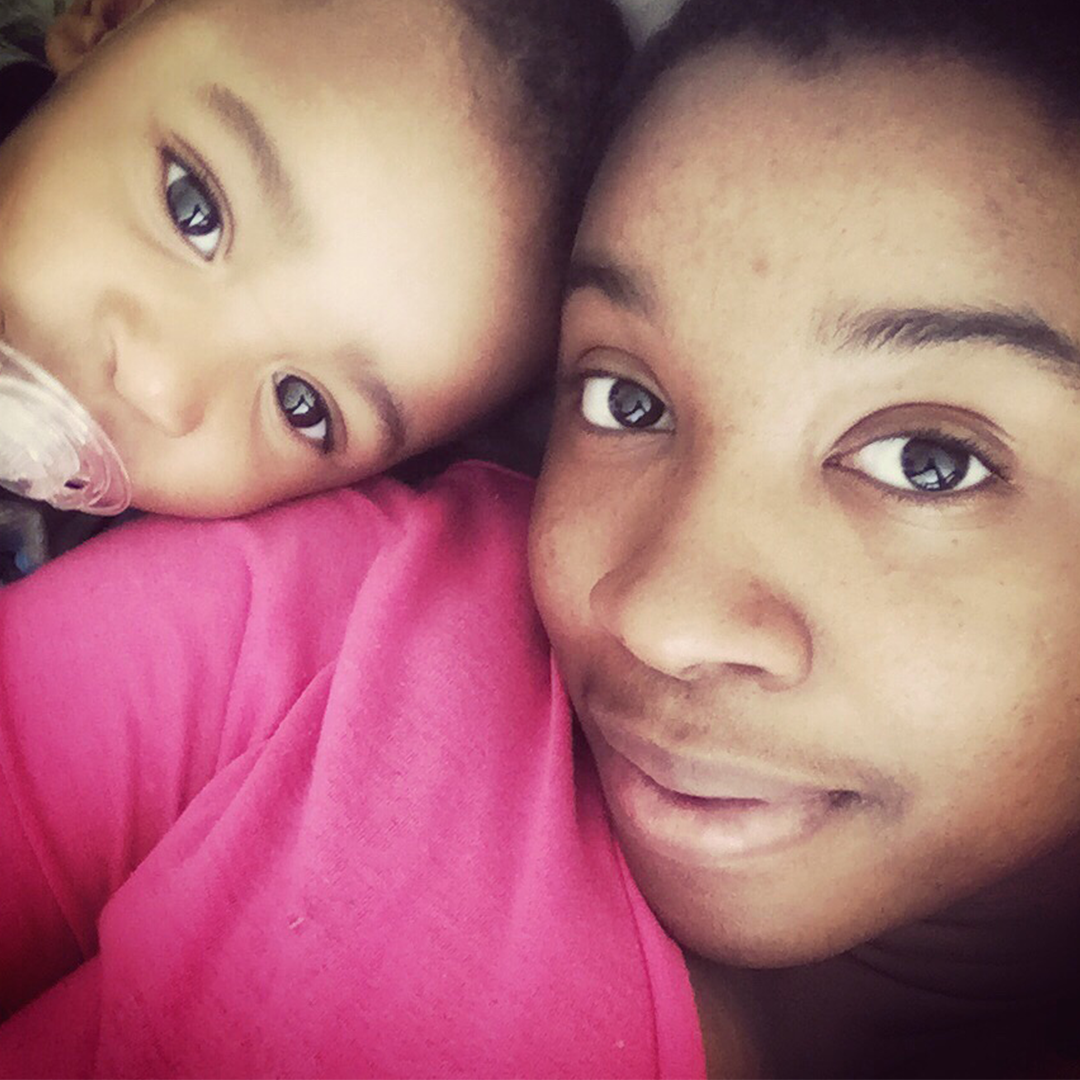Is There an 11-Month Sleep Regression?
Yes! While the 4-month and 8-10-month sleep regressions are better known, many babies experience a sleep regression at 11 months. It’s not universal, but if your baby’s sleep suddenly takes a turn for the worse, this could be why.
At this age, babies are:
- Learning new skills (walking, talking, and exploring).
- Experiencing separation anxiety, which can make bedtime harder.
- Testing boundaries, especially if bedtime routines become inconsistent.
What Is the 11-Month Sleep Regression?
The 11-month sleep regression happens due to major cognitive and physical development. You might notice:
- More frequent night wakings
- Shorter naps or nap refusals
- More fighting at bedtime
- Increased clinginess and separation anxiety
The key to surviving this phase is consistency—sticking with your baby’s schedule and reinforcing positive sleep habits.

Signs & Symptoms of the 11-Month Sleep Regression
If your baby’s sleep has suddenly changed, look for these common signs:
1. Why Is My 11-Month-Old Not Sleeping?
Your baby may struggle to fall asleep or wake frequently. This is often linked to overtiredness or developmental leaps.
2. 11-Month-Old Waking Up at Night (Crying or Screaming)
Frequent night wakings could be due to:
- Sleep associations (needing rocking, feeding, or holding to fall asleep).
- Teething pain or discomfort.
- Separation anxiety, causing them to cry when they realize you’re not there.
Tip: Reassure your baby, but avoid starting new sleep habits that could make it harder for them to self-soothe.
3. 11-Month-Old Refusing to Sleep
Some babies fight bedtime because they’re:
- Overtired (too much wake time before bed).
- Under-tired (wake windows aren’t long enough).
- Distracted by new skills, like standing or walking.
If your baby is standing in the crib, practice standing and sitting during the day so they don’t feel the need to “practice” at bedtime.
4. 11-Month-Old Fighting Bedtime
If bedtime is suddenly a battle, look at:
- Wake windows – If bedtime is too early or too late, sleep struggles can happen.
- Separation anxiety – Try a gentle, predictable goodnight routine to reassure your baby.
Tip: A short, consistent bedtime routine (bath, book, song, bed) helps signal that sleep is coming.
11-Month Napping Issues
At this age, most babies still need two naps per day, but many start resisting one nap.
1. 11-Month-Old Refusing the Second Nap
If your baby refuses their second nap, it may be a sign of overtiredness or schedule changes.
Try:
- Shortening the first nap to see if it helps them take the second nap.
- Adjusting wake windows to prevent undertiredness.
2. 11-Month-Old Fighting the Second Nap
- Some babies go through a temporary nap strike.
- Don’t rush to a one-nap schedule yet—most babies still need two naps until 14-18 months.
- If they consistently refuse the second nap, an earlier bedtime may help.
How Long Does the 11-Month Sleep Regression Last?
Most sleep regressions last 2-6 weeks. If your baby’s sleep has been disrupted for longer, look at:
- Sleep associations – Are they relying on rocking, nursing, or holding?
- Schedule adjustments – Are wake windows too short or too long?
- Independent sleep skills – Can they fall asleep without help?
- Good news: With a consistent routine, your baby’s sleep will return to normal.
Final Thoughts
The 11-month sleep regression can be tough, but it’s a sign of big growth and development. Stick with a consistent routine, offer reassurance, and avoid creating new sleep habits that could make sleep harder in the long run.
You’ve got this! ?




